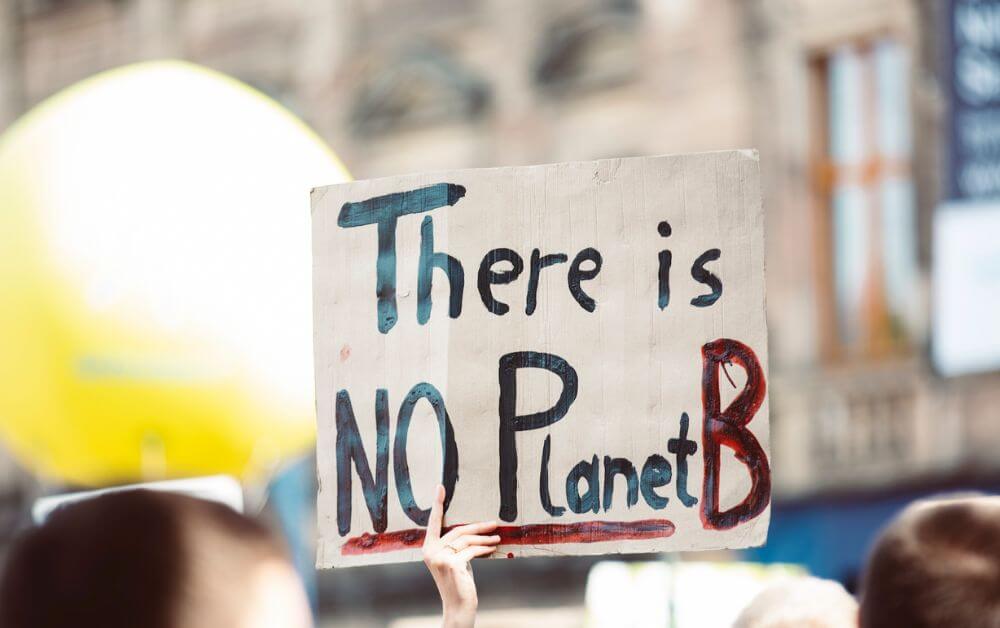Today’s insights are brought to you by my colleague and global futurist, Dean van Leeuwen.
The Grey Elephant framework is all about the forces of change that are transforming the 2020s. This framework is used to prepare for the unexpected, to think like a futurist and promote resilience when faced with change, political upheaval, climate change, social unrest and the many other forces of change affecting our world.
A Grey Elephant is a highly probable, high impact and yet ignored threat. It is a disruptive force, and through this framework the key message is clear: If we wait for a grey elephant to appear, it will be too late to prepare. So, expect the unexpected. Promote resilience. Protect the weak. Co-operate globally.
During the 2020s businesses will face the confluence of seven powerful forces which, like a hurricane, will amplify their impact.
Enlightened leaders with their eyes tuned towards change are already striking out and finding new ground. They recognise that the best way to predict the future is to boldly create it and that there has never been a better time to deliver value and impact. Using new strategies, leadership mindsets and business models, these leaders are leveraging the perfect storm as an opportunity to build resilience into their systems.
In no particular order of threat or magnitude, the seven Grey Elephants defining this new age of humanity include:
- Ageing
- Angry Planet
- Inequality
- Big Squeezes
- Angry People
- Multipolarity
- Intelligent Assistance
Combined, these seven Grey Elephants will cause a sharp transformation.
Today’s article will focus on climate change and how it’s affecting our planet so that you can better understand what transformations are taking place and how they might affect you and your organisation. What should you and your teams be doing to be more strategically agile?
Angry Planet…
The consequences of climate change, driven primarily by pollution and greenhouse gas emissions, pose significant threats to humanity and the planet. The late Wally Broecker, the iconoclastic guru of the climate debate, was fond of saying: “The earth is an angry beast, and we are poking it with sticks.” The beast has only just begun to snarl, humanity must stop poking or the beast will bite.

Front and centre is climate change. Studies show that it is the hottest it’s been in a billion years. In less than two decades, Greenland’s ice sheets have already shrunk at a rate of 269 gigatons a year. That’s the equivalent of melting 50 billion 7-ton grey elephants! And, yet there are still climate change doubters.
It is worth reflecting that “the climate emergency has no nationality, no race, no sexual preference and certainly no political or religious affiliation. The transition we are in will create completely new global tensions,” says Sasja Beslik. The BBC video series on Life at 50 Degrees is worth watching to get a broader perspective.
The impacts of climate change are already evident, and if urgent action is not taken, the consequences will become increasingly dire. Extreme temperatures, intensified storms, droughts, fires, hurricanes, coastal storms, and flooding will affect three-quarters of the global population if greenhouse gas emissions continue unabated. The resulting death toll could surge by more than 2,000 percent within this century.
The World Bank predicts that climate change will force a staggering quarter of a billion people to migrate by 2050 as the frequency and severity of these climate-related events escalate. The economic cost of inaction will be catastrophic, with severe disruptions to industries, infrastructure, and livelihoods worldwide.
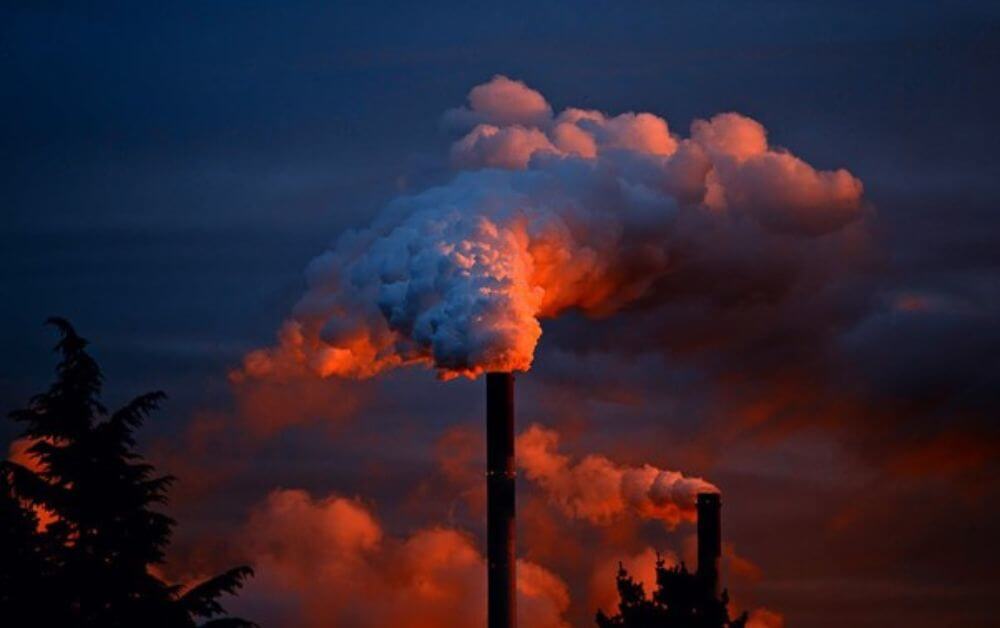
There is some hope in the rising recognition of the climate crisis, particularly within the investment community, as ESG funds have outperformed traditional investments by many measures and there is increasing attention to the importance of climate risk assessment and financial reporting.
However, meaningful action is still lacking. The transition to cleaner energy and greener products remains insufficient, and too few individuals and companies are investing in sustainable practices. The burning of fossil fuels, such as in vehicle emissions, natural gas flares, and forest fires, not only contributes to climate change but also has devastating health consequences.
We are still nowhere near reversing climate change, too few individuals and companies are investing in cleaner energy, greener products and supply chains.
Pollution is the real elephant in the room.
Another stick we are poking the beast with is the practice of flaring — the burning of natural gas that is released when oil is extracted from the ground, mainly from fracking. Flaring now produces more air pollution in two days than all the world’s motor vehicles expel in an entire year.
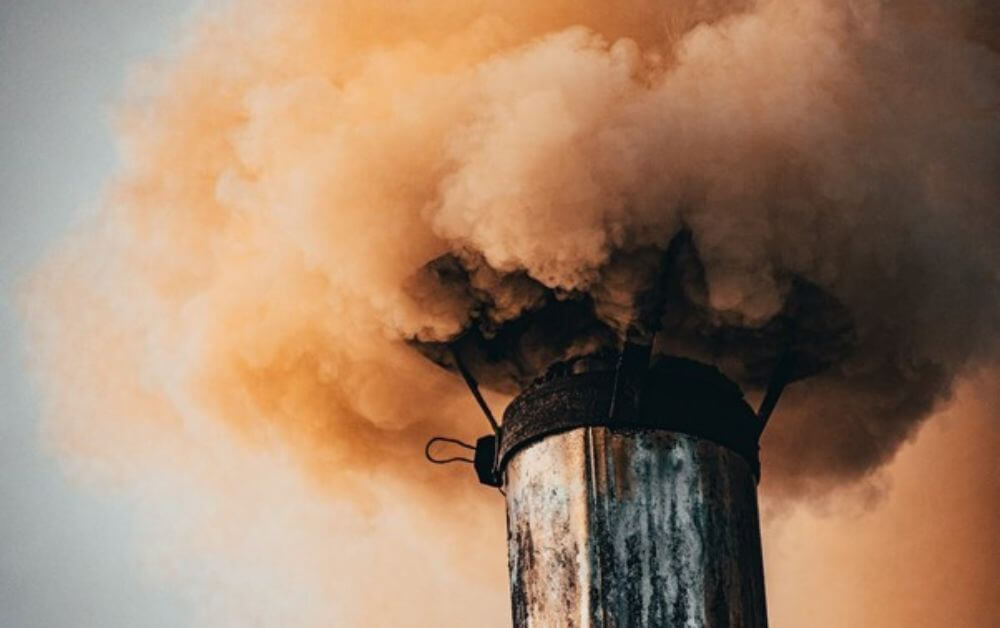
North Dakota is the global fracking capital, but because of a lack of gas pipelines to bring natural gas to market, oil companies flare as much as 2.5 billion cubic feet a day. This wasted gas could have powered the heating needs of 4.25 million homes for a year.
The practice of flaring is a major source of GHG. Although illegal in Nigeria, flaring continues to have a devastating impact. Fertile lands are being turned into deserts as flares raise temperatures to unbearable levels. One video, in the BBC’s series “Life at 50 Degrees”, tells the moving story of Joy and her family who are among two million Nigerians living within 4km of a gas flare in Nigeria’s oil-rich south.
It is worth watching, if only to understand the impact of flaring.
Vehicle emissions, natural gas flares and forest fires are not just damaging to the climate, they are literally killing people. In 2018 alone, pollution from burning fossil fuels resulted in over 7 million premature deaths, ranking it among the top killers globally. It is crucial to address the root causes of pollution and reduce reliance on fossil fuels to safeguard public health, mitigate climate change impacts, and create a sustainable future for all.
The urgency to act cannot be overstated.
Humanity must recognize the severity of climate change and its interconnectedness with pollution and greenhouse gas emissions. Bold and decisive measures are needed to transition to cleaner energy sources, enhance energy efficiency, promote sustainable practices, and embrace technologies that reduce pollution and mitigate climate change. By doing so, we can protect the planet, preserve human lives, and ensure a sustainable and prosperous future for generations to come.
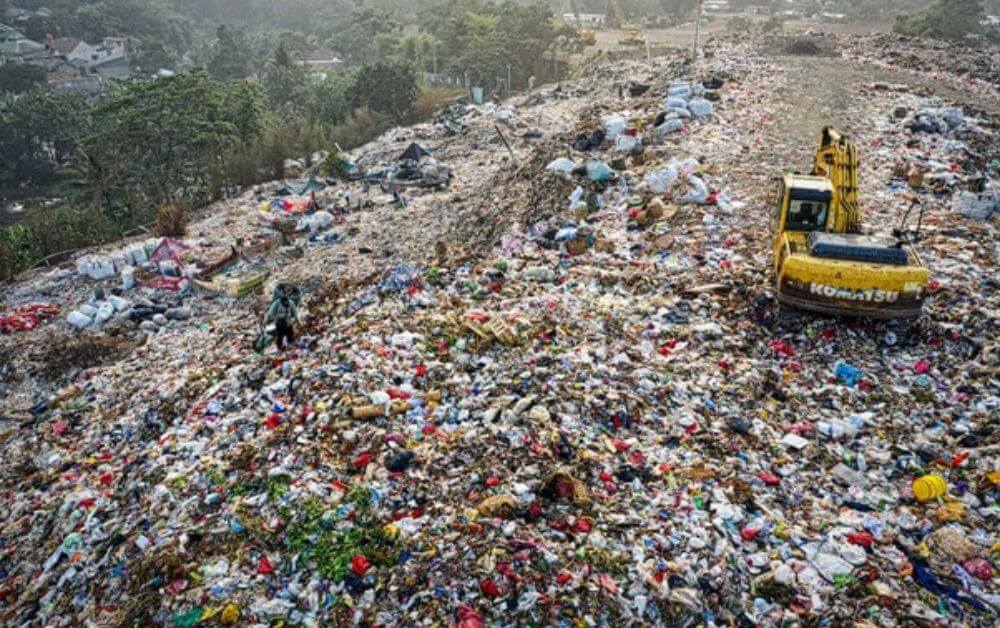
Terrifying trends we’re seeing:
- The Earth’s average surface temperature has increased by approximately 1.1 degrees Celsius (2 degrees Fahrenheit) since the late 19th century, with the majority of this warming occurring in the past few decades.
- The frequency and intensity of extreme weather events, including heatwaves, droughts, hurricanes, and heavy rainfall events, have shown an upward trend, leaving behind devastating impacts on communities and ecosystems.
- As oceans become more acidic due to the increased CO2 levels in the air, Coral bleaching events, triggered by warmer ocean temperatures, have become more frequent and widespread, posing a threat to the biodiversity and productivity of these vital habitats.
- There’s been a global shift in species distribution as many species are moving to higher latitudes or elevations in search of suitable habitats as their original habitats become less hospitable.
These trends underscore the urgent need for concerted global action to mitigate greenhouse gas emissions, adapt to the changing climate, and protect vulnerable communities and ecosystems.
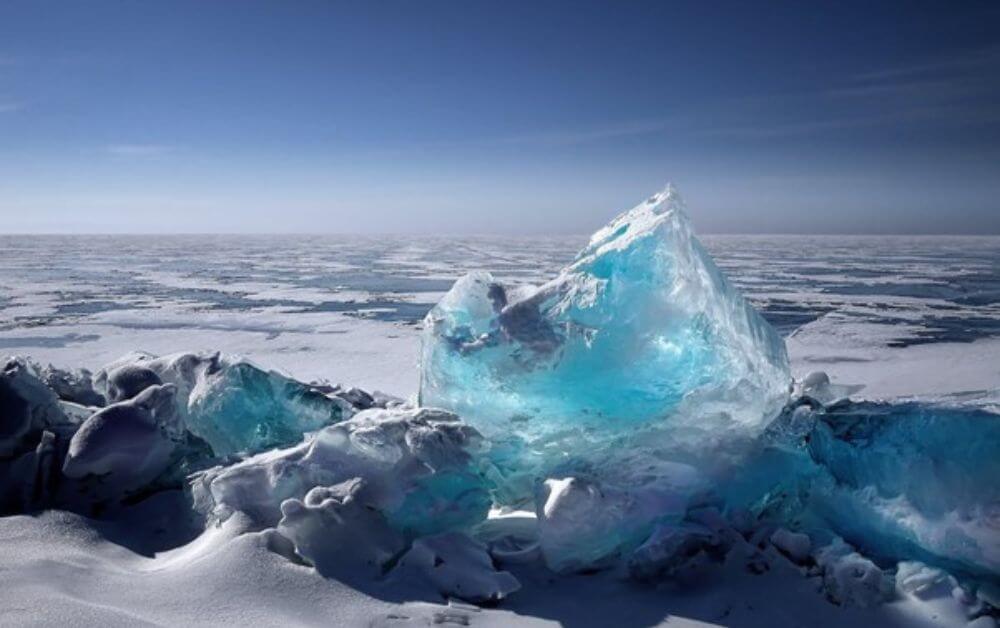
Our Climate Future…
Our research reveals that the 2020s are marked by a disruptive force, with one prominent grey elephant standing at the forefront: accelerating climate change. This global challenge, compounded by other pressing issues, demands immediate attention and innovative solutions. The convergence of these challenges creates a formidable storm that amplifies the urgency for change.
Fortunately, we now have access to advanced technology and insights that can aid in identifying and addressing climate-related problems. It is imperative for leaders to seize this opportunity, embracing a mindset that is tuned towards innovation and sustainability. We need courageous leaders who can navigate uncharted territories and make bold decisions to tackle climate change head-on.
To address this critical grey elephant, businesses and organisations must undergo a transformative shift. Embracing a culture of exploration and innovation will enable them to adapt and thrive in a rapidly changing world. They must adopt bionic approaches, leveraging technology and scientific advancements to create sustainable practices and mitigate environmental impacts. By strengthening ecosystem collaborations, businesses can pool resources, knowledge, and expertise to drive meaningful change. Moreover, fostering diversity and inclusion within their operations will bring fresh perspectives and ideas to the table.
The urgency to combat climate change calls for businesses and leaders to go beyond profitability and prioritise their role as forces for good. They must proactively engage in sustainable practices, reducing carbon footprints, promoting renewable energy, and adopting circular economy models. By doing so, they can create a positive impact on the environment while also securing long-term business viability.
Leadership in the face of climate change requires bold and visionary thinking. It is through innovative approaches and sustainability-driven decision-making that we can avoid a climate disaster. By embracing this responsibility, leaders can shape a future that not only addresses the challenges of climate change but also creates a more sustainable and resilient world for generations to come.

“The climate emergency has no nationality, no race, no sexual preference and certainly no political or religious affiliation. The transition we are in will create completely new global tensions.” – Sasja Beslik
About the author of today’s Tuesday Tip – Dean van Leeuwan
Dean van Leeuwen is the co-founder of TomorrowToday Consulting – a futurist consultancy working with leading organisations around the world. He is an expert on global trends, innovation, and strategic business transformation.
You can access Dean’s latest research on ‘Closing the Innovation Gap – The 7 strategic and cultural essentials that separate successful large-company innovator’s here or chat with us about our ‘Full blown innovation’ keynote presentation.


